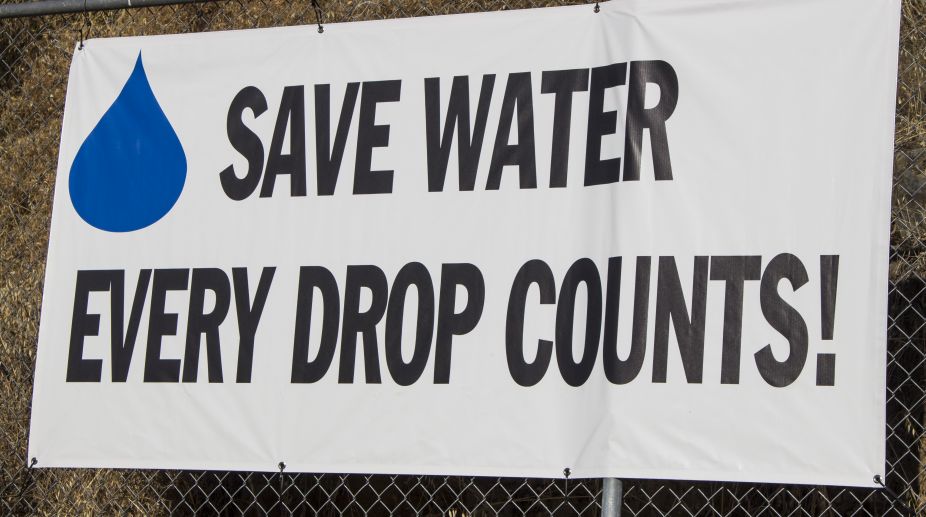Bagidora assembly bypoll records 73.25 pc voting in Rajasthan till 5 pm
Though voting ended at 6 pm, the final percentage will be declared later tonight.

Representational image (Photo: Getty Images)
Students in the desert state of Rajasthan may soon get lessons in water conservation.
Chairperson of Rajasthan River Basin and Water Resources Planning Authority, Sriram Vedire said Rajasthan is the only state in the country to incorporate geo-tagging and advanced scientific techniques for water conservation works and now aims to include water conservation lesson in school syllabus.
After successful implementation of Jal Swavlamban Yojna (JSY) Phase-1, the state government has launched the phase-2 of its flagship scheme with selecting 4200 villages by geo-tagging, drone cameras and way-point scientific technique.
Advertisement
Vedire said that JSY model has been lauded by South Africa, Brazil and Australia and they plan to adopt the model.
When asked whether JSY lessons will be incorporated in school syllabus, Vedire said, "We have sent a proposal to the state government and it will be good if the new generation learns and understands importance of water conservation right from the beginning. Few states have already included water conservation chapters in school syllabus."
Explaining further about phase-2 activities, he said, "We have selected 4200 new works for phase-2 using technology and will geo-tag 1.5 saplings planted at these sites. Apart from villages, 66 urban cities will also be focus in the phase-2.
Under JSY phase-2, historic water bodies will be renovated and recharged.It will also include rain water harvesting works at nearly 1200 government buildings.
"We have selected government buildings where rain water harvesting works have to be done. These 66 cities will be made greener," Vedire said.
Sharing the results of phase-1 of JSY, he said 96,000 water conservation works were done, which received 11,170 million cubic feet water from rains. In phase-1, 3259 villages were included. It benefited 41 lakh population of the state and 45 lakh livestock, he said.
Advertisement